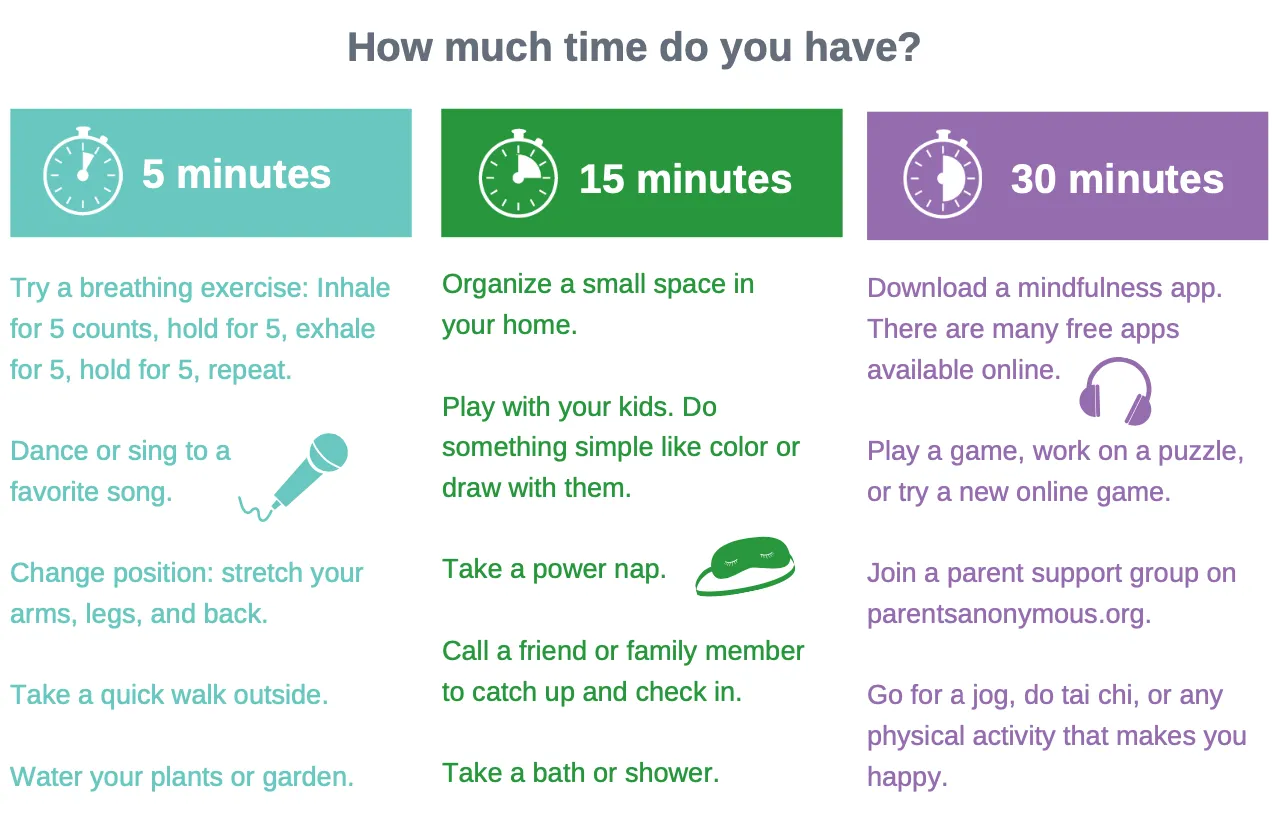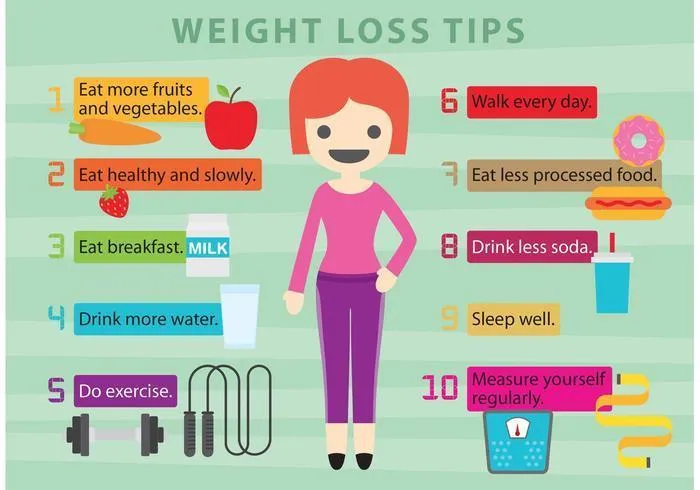As we age, taking care of our health becomes increasingly important. Senior health care is about more than just managing chronic conditions or taking medication; it involves adopting a holistic approach to ensure physical, mental, and emotional well-being. By making certain lifestyle choices and implementing preventive care, seniors can continue to live healthy, active, and fulfilling lives. Here are some essential health care tips for seniors to maintain their well-being.
1. Regular Physical Activity
Physical activity is crucial for seniors to maintain strength, balance, and mobility. Exercise helps prevent falls, improves cardiovascular health, and boosts overall energy levels. However, it’s important to choose exercises that are suitable for your age and physical capabilities.
How to Do It:
- Start with low-impact activities such as walking, swimming, or cycling, which are gentle on the joints but still effective in building strength and endurance.
- Incorporate balance exercises such as yoga or tai chi, which can improve stability and reduce the risk of falls.
- Strength training with light weights or resistance bands helps maintain muscle mass and bone density, which tend to decrease with age.
Aim for at least 30 minutes of moderate exercise on most days of the week. Consult with a healthcare provider before starting any new exercise regimen to ensure it’s safe.
2. Balanced and Nutrient-Rich Diet
Eating a balanced, nutrient-rich diet is essential for senior health. As we age, our metabolism slows down, and our bodies require fewer calories but still need the same amount (or more) of nutrients. Seniors should focus on a diet that supports heart health, bone strength, and overall vitality.
How to Do It:
- Eat a variety of fruits and vegetables to ensure an adequate intake of vitamins, minerals, and antioxidants. Aim for a colorful plate to include a range of nutrients.
- Incorporate lean proteins such as fish, chicken, and plant-based proteins like beans, which are important for maintaining muscle mass and bone health.
- Choose whole grains such as brown rice, quinoa, and whole wheat bread, which are rich in fiber and help regulate blood sugar levels.
- Focus on calcium and vitamin D, which are essential for bone health. Include dairy products, leafy greens, fortified cereals, and consider a supplement if needed.
- Limit processed foods, sugar, and sodium, as they can contribute to health problems like hypertension and diabetes.
Remember to stay hydrated by drinking plenty of water throughout the day. Hydration is often overlooked but is critical for overall health and vitality.
3. Regular Health Screenings
Routine health screenings are essential for seniors, as they can detect health issues early, when they are most treatable. Regular check-ups can help identify conditions such as high blood pressure, diabetes, cholesterol imbalances, and even certain types of cancer.
How to Do It:
- Annual physical exams with a primary care physician are essential for monitoring your overall health and addressing any concerns.
- Blood pressure monitoring is important for managing hypertension, a common issue among seniors.
- Screenings for diabetes, cholesterol levels, and vision and hearing loss should be done regularly.
- Bone density tests can help assess the risk of osteoporosis, a condition that can lead to fractures.
- Vaccinations: Ensure that you are up to date on vaccines, including the flu shot, pneumonia vaccine, and shingles vaccine.
Having a comprehensive health care plan and staying up to date with regular screenings can prevent complications and improve your quality of life.
4. Mental and Emotional Wellness
Maintaining mental and emotional health is just as important as physical health, especially as we age. Many seniors face challenges such as loneliness, depression, and cognitive decline. However, there are several ways to support mental health and keep the mind sharp.
How to Do It:
- Stay mentally active by engaging in activities that stimulate the brain, such as reading, puzzles, playing games, or learning new skills.
- Socialize regularly with friends and family, or consider joining a community group or senior center. Social engagement helps reduce the risk of isolation and loneliness.
- Manage stress through relaxation techniques such as deep breathing, meditation, or mindfulness. These practices help improve emotional well-being and reduce anxiety.
- Get adequate sleep: Seniors need between 7 and 9 hours of sleep each night. Poor sleep can exacerbate mental health issues, so prioritize good sleep hygiene, such as maintaining a regular bedtime and creating a calm sleep environment.
In addition, staying connected with loved ones and engaging in activities that bring joy and fulfillment can help reduce feelings of loneliness and support emotional health.
5. Fall Prevention and Home Safety
As seniors age, the risk of falls increases due to factors such as balance issues, weakened muscles, and slower reflexes. Falls can lead to serious injuries, including fractures and head trauma. Preventing falls is a key part of senior health care.
How to Do It:
- Modify your home environment to make it safer. Remove trip hazards like rugs, wires, and clutter from hallways and walkways.
- Install grab bars in bathrooms, especially near the toilet and in the shower, to provide extra support and stability.
- Use non-slip mats in the bathroom and kitchen to reduce the risk of slipping.
- Wear proper footwear: Avoid high heels and slippers with slick soles. Opt for sturdy, well-fitting shoes that provide good traction.
- Ensure adequate lighting throughout the home, especially at night, to avoid tripping over obstacles.
Additionally, seniors should undergo balance training exercises and check their vision regularly, as poor eyesight can contribute to falls.
6. Stay Hydrated
Dehydration is a common issue among seniors, as the body’s ability to conserve water diminishes with age. Dehydration can lead to dizziness, confusion, and even more serious health issues like urinary tract infections (UTIs) or kidney problems.
How to Do It:
- Drink plenty of water throughout the day, aiming for at least 8 glasses (about 2 liters).
- Eat water-rich foods like cucumbers, watermelon, and oranges to help stay hydrated.
- Monitor for signs of dehydration, such as dry mouth, dark-colored urine, or dizziness, and take action immediately by increasing fluid intake.
If you’re on medications that cause dehydration, consult your healthcare provider to adjust your water intake accordingly.
7. Maintain Good Oral Health
Good oral health is an important aspect of overall health and well-being. Seniors are at an increased risk for dental issues, including gum disease, tooth decay, and dry mouth, which can affect nutrition and quality of life.
How to Do It:
- Brush your teeth twice a day with fluoride toothpaste and floss daily to prevent gum disease and cavities.
- Visit the dentist regularly for check-ups and cleanings. Seniors should also be screened for oral cancer during dental visits.
- Drink water to keep your mouth moist and prevent dry mouth, which is common among seniors.
- Consider dentures if tooth loss is an issue. Proper-fitting dentures can help improve speech, chewing, and self-confidence.
Maintaining good oral hygiene is essential not only for your smile but also for preventing more serious health issues like heart disease, which is linked to gum disease.
Conclusion
Senior health care is about more than just treating illness; it’s about preventing problems and living a long, healthy life with vitality and energy. By staying active, eating a balanced diet, engaging in mental exercises, and prioritizing safety, seniors can continue to enjoy a high quality of life well into their later years. With regular health check-ups, social interactions, and attention to both physical and emotional well-being, it’s possible to navigate the aging process with grace and strength. Don’t wait—start implementing these tips today to ensure your health and happiness for years to come.




